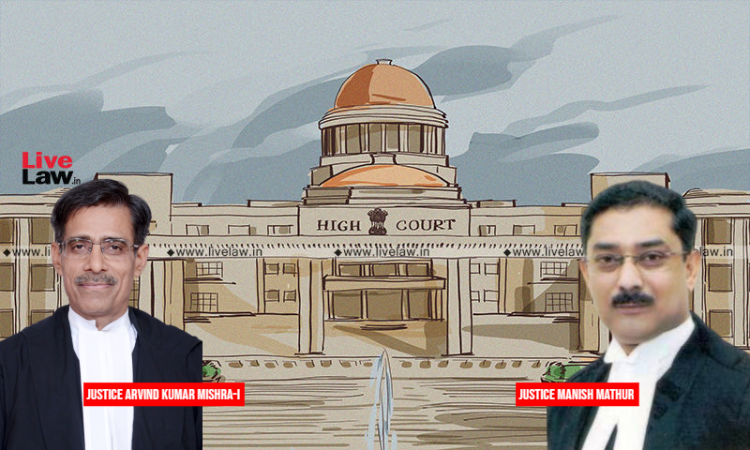No One Can Be 'Summoned' To Police Station Orally By Subordinate Police Officials Sans Station Incharge's Approval: Allahabad High Court
Sparsh Upadhyay
4 May 2022 5:28 PM IST

Next Story
4 May 2022 5:28 PM IST
In a significant direction issued to the State of UP and its instrumentalities, the Allahabad High Court (Lucknow Bench) has recently observed that no person, including an accused can be summoned to a police station orally by subordinate police officials without the consent/approval of the station in-charge.The Bench of Justice Arvind Kumar Mishra-I and Justice Manish Mathur further directed...
